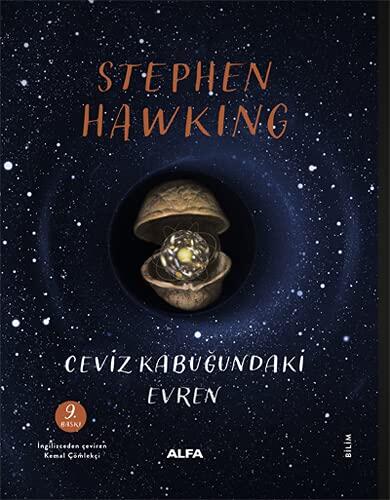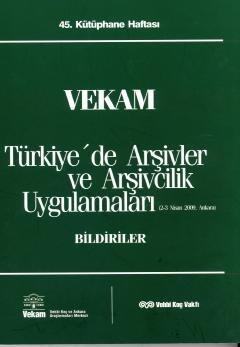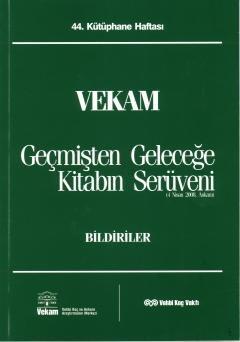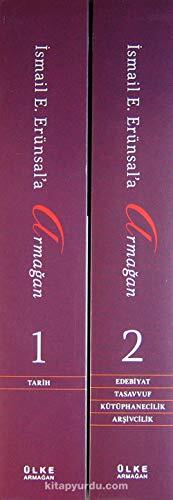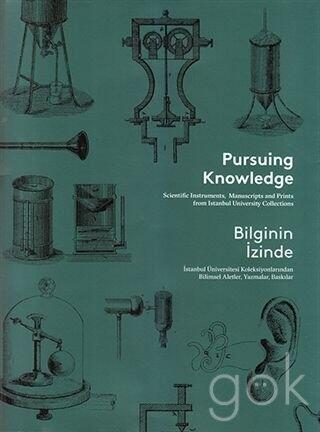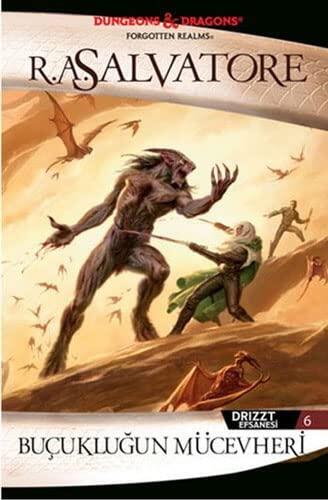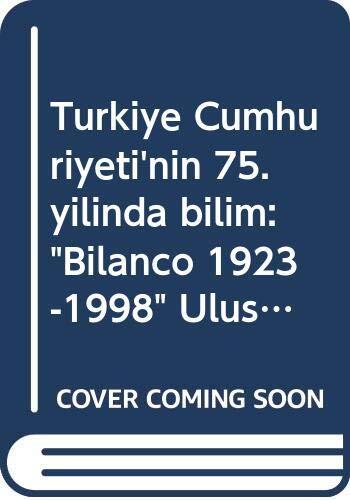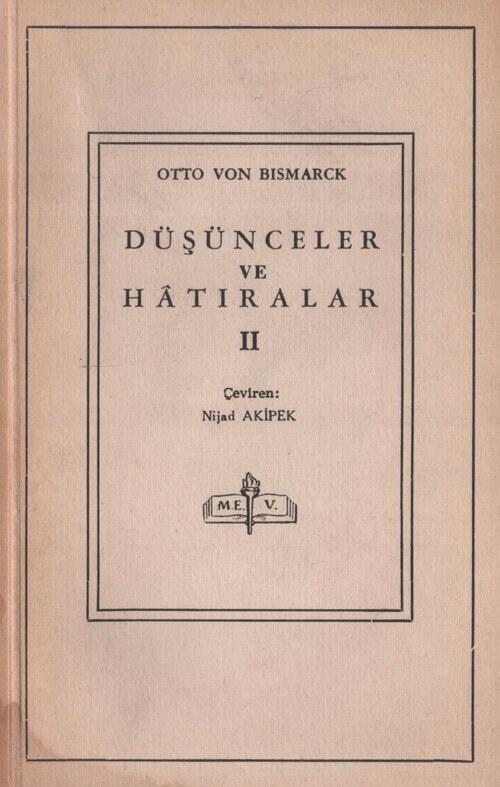
Newton Neden Türk Değildi?
によって
A.M. Celâl Şengör
まだ評価がありません
Science & Technology
形式
ペーパーバック
ページ数
196
言語
トルコ語
公開されました
Jan 1, 2015
出版社
Ka Kitap
ISBN-10
6058391504
ISBN-13
9786058391505
説明
In this thought-provoking work, A. M. Celâl Şengör explores the intriguing question of why Isaac Newton, one of history's most renowned scientists, was not Turkish. Through a detailed examination of historical, cultural, and scientific contexts, the author delves into the complex tapestry of intellectual development across different regions, particularly focusing on the scientific contributions of the Ottoman Empire and the Turkish culture.
Šengör’s narrative presents a compelling analysis of how geographical, political, and educational factors have shaped the course of scientific thought. He contrasts the achievements of Newton with those of contemporaneous scholars from the Turkish world, effectively illustrating how circumstances aligned to position Western Europe as the cradle of modern science.
This exploration is not just an inquiry into Newton himself but a broader reflection on the dynamics of knowledge and power, questioning the narratives that often overlook significant contributions from diverse cultures. The work is rich in insight, encouraging readers to consider how history is written and whose voices have been recognized in the annals of scientific achievement.
Šengör’s narrative presents a compelling analysis of how geographical, political, and educational factors have shaped the course of scientific thought. He contrasts the achievements of Newton with those of contemporaneous scholars from the Turkish world, effectively illustrating how circumstances aligned to position Western Europe as the cradle of modern science.
This exploration is not just an inquiry into Newton himself but a broader reflection on the dynamics of knowledge and power, questioning the narratives that often overlook significant contributions from diverse cultures. The work is rich in insight, encouraging readers to consider how history is written and whose voices have been recognized in the annals of scientific achievement.
